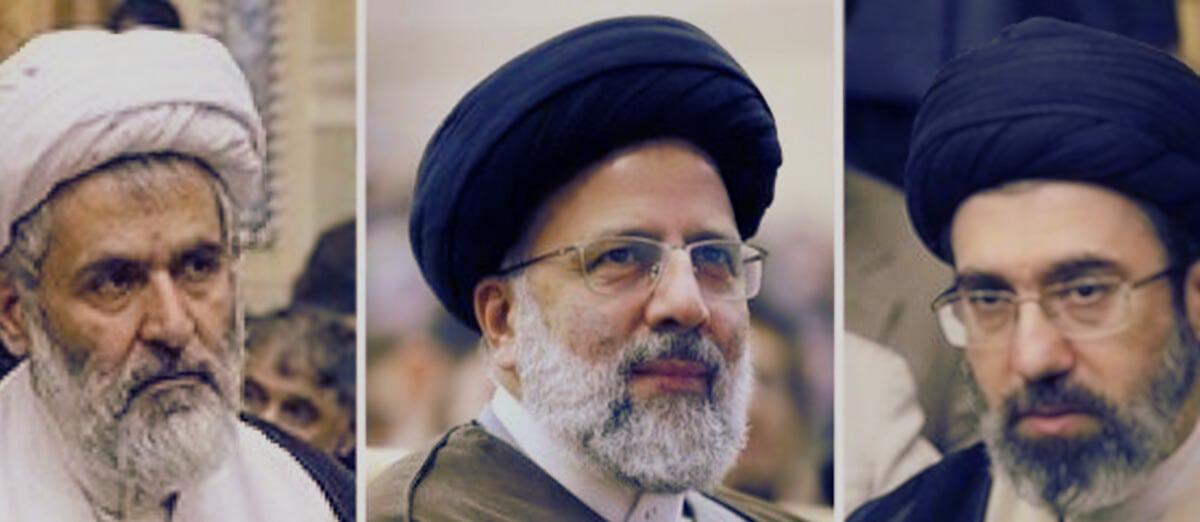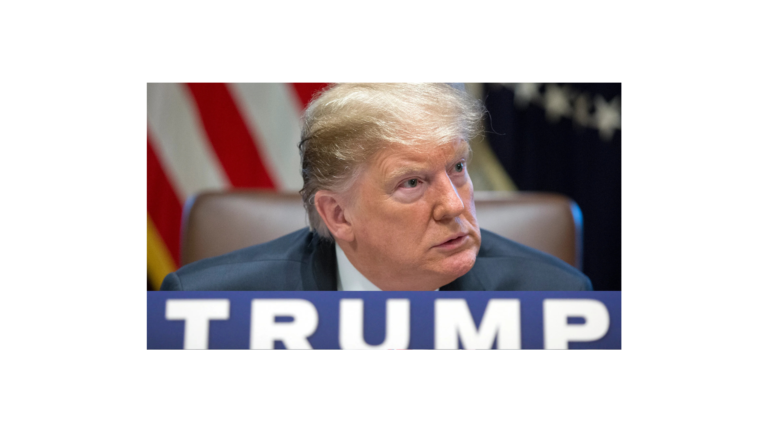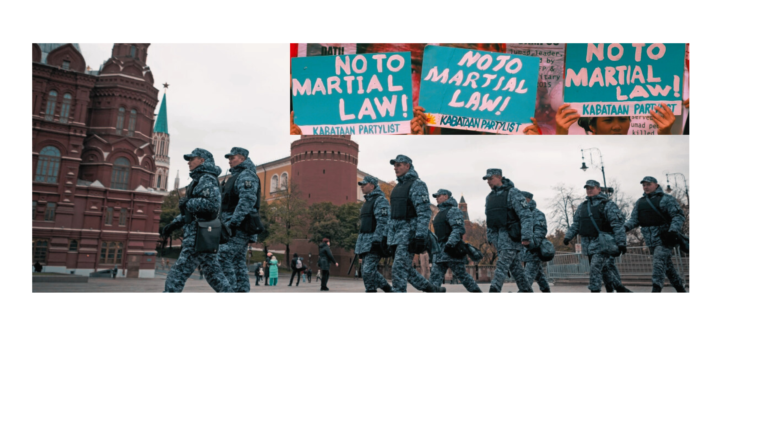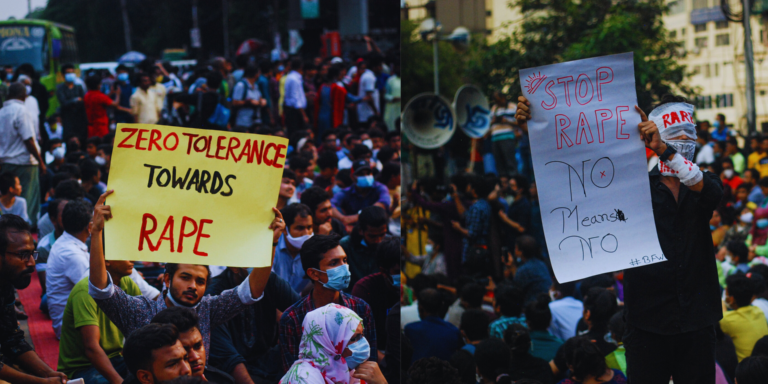
Mojtaba Khamenei’s rise to power and Iran’s political future….
Iran has reported that Supreme Leader Ali Khamenei’s second son, Mojtaba Khamenei, has been selected to succeed him. Mojtaba will be Ali Khamenei’s successor while he is alive because the 85-year-old is reportedly in poor health and may step down. Iran International Media Channel, which is connected to anti-regime groups, is cited by ynetnews as the source of this information.
How Ali Khamenei’s health is shaping Iran’s leadership transition
Since 1989, Ali Khamenei has served as Iran’s Supreme Leader, succeeding Ruhollah Khomeini. He is the longest-serving head of state in the Middle East, having held the position for 35 years. He survived an attack that paralyzed his right arm in 1981, after the Iranian Revolution.
Ali Khamenei appoints Mojtaba successor due to health concerns.
Extreme secrecy was maintained throughout the succession process out of concern that making the facts public may cause unrest and public dissatisfaction. At Khamenei’s request, the Iranian Assembly of Experts convened on September 26 with sixty members to expedite the selection of his successor. They were told to keep the meeting and its outcomes completely private.
Khamenei family’s influence on Iran’s succession and politics
The assembly members overwhelmingly selected Mojtaba as the future leader despite their hesitancy regarding the choice and the procedure. In order to prevent the assembly members from defying his decision, Khamenei and his aides allegedly threatened them and put pressure on them.
Tensions between Iran and Israel are on the rise at the moment this situation is developing. Following Israel’s October 27 airstrikes, it was reported that Ayatollah Ali Khamenei was in very poor health and that talks about his replacement had started. Israel may now target Iran’s Supreme Leader, according to some reports. There is a chance of retribution in such a scenario, and the regional situation may get even more problematic.
As Iran’s supreme leader, Khamenei has a great deal of power. In addition to being the head of state, he is also in charge of the military forces and has final say over governmental decisions. He issued a fatwa in 2003 that prohibited the use of weapons of mass destruction associated with Iran’s nuclear program. Reports state that Iran is thinking about attacking Israel in retaliation. In the midst of these changes, Mojtaba Khamenei, 55, is being considered as a possible successor. Assembly members were cautioned that any leaks of information about their meeting would have dire repercussions. This illustrates the degree of secrecy surrounding this significant shift in Iran’s leadership.







